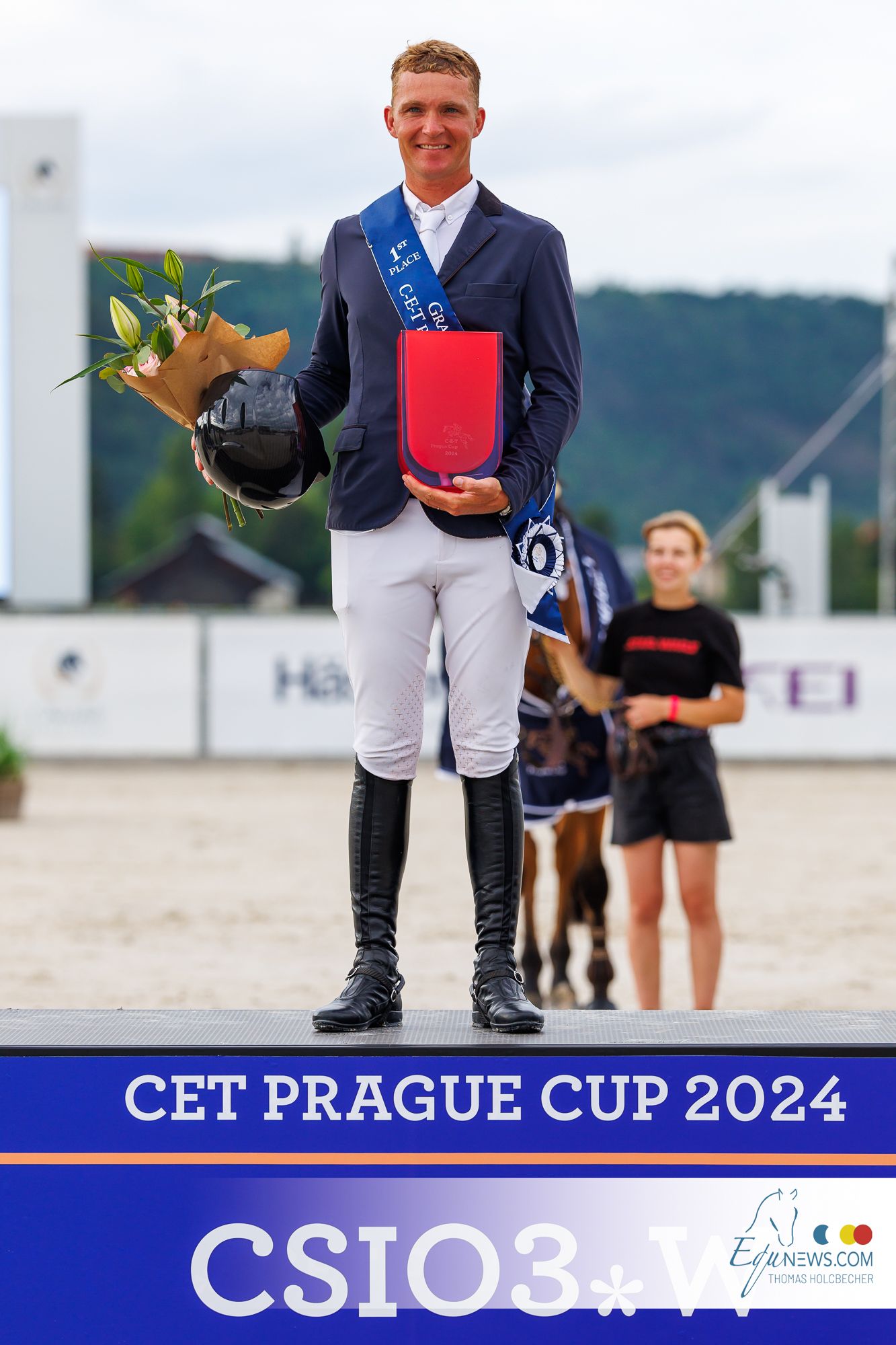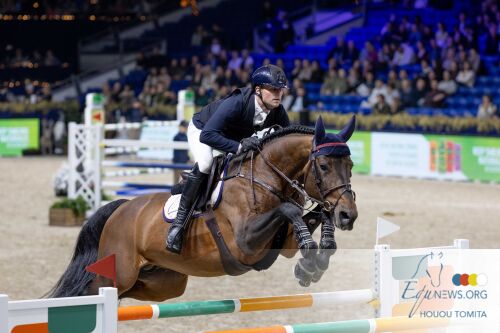The FEI European Jumping Championships kick off this week in Aachen, Germany - and WoSJ has made a guide for our readers to make it as easy as possible to follow the event. The program and where to watch: There is live streaming from Aachen - on FEI TV. Below is the broadcasting schedule: FEI TV (Kindly note that the timings are likely to change. For an up to date schedule please check FEITV’s website): FEI European Jumping Championships 2015 - Aachen 1st Individual Qualifier 19 Aug 2015 Start Time: 14:20 (CET) FEI European Jumping Championships 2015 - Aachen - 1st Round Team 20 Aug 2015 Start Time: 14:10 (CET) FEI European Jumping Championships 2015 - Aachen - Team Final 21 Aug 2015 Start Time: 16:50 (CET) FEI European Jumping Championships 2015 - Aachen - Individual Final 1st Round 23 Aug 2015 Start Time: 15:50 (CET) FEI European Jumping Championships 2015 - Aachen - Individual Final 2nd Round 23 Aug Rules and competition format: Wednesday 19th August - First qualifying competition, individuals and teams. Table C (penalties turned into seconds added), fence height 1.50m, open to all athletes and horses declared as starters in the team and individual championship. Starting order decided by a draw. Following this first competition the scores obtained by each athlete will be converted into points. The athlete with the lowest number of points will be given zero penalties. Thursday 20th August - Round one of team competition, second individual competition. Table A, 1.60, open to all athletes who took part in the first competition. Individuals go first. Friday 21st August - Team competition final and third individual competition. Table A, not against the clock, 1.60m. Open to the top 50 individuals who carry penalties forward from first individual qualifier and round one of the team event. Open to the top 10 teams following the previous day’s competition, including those tied for 10th place. In case of equality of points there will be a jump-off for the team medal positions. Sunday 23rd August - Individual final open to 25 best-places athletes and horses including ties for 25th place. Two different 1.60m courses will be jumped, with 10-12 obstacles in round A and 8-10 obstacles in round B. Competitors will start in reverse order of merit in both rounds. Individual medals will be determined by adding together penalties from the first competition, the two rounds of the team competition and the two rounds of the final competition. Facts and figures: The FEI European Jumping Championships begin on Wednesday 19 August and run through to the individual final on Sunday 23 August. Competitors from 29 nations will participate, whereas 23 countries have entered teams. Six nations will be represented by individual riders. A total of 96 horse-and-rider combinations are listed in the definite entries (11 August 2015). This is the 32nd edition of the FEI European Jumping Championships, and the fifth time for the event to take place in Aachen. The inaugural FEI European Jumping Championship took place in Rotterdam (NED) in 1957. Only individuals competed in the early championships. The team event was first introduced at Munich (GER) in 1975. Back-to-back individual champions - Great Britain’s David Broome with Mr Softee at Rotterdam (NED) in 1967 and Hickstead (GBR) in 1969. Back-to-back triple champions - Germany’s Paul Schockemohle and Deister at Munich (GER) in 1981, Hickstead (GBR) in 1983 and Dinard (FRA) in 1985. Germany holds the record for the biggest number of individual victories with 14 in total over the last 58 years. Germany also holds the record for the greatest number of wins in the team event, with seven to date. Only one horse has ever won the individual European Jumping title with two different riders - the Irish-bred Mr Softee who claimed gold for David Barker in 1962 and then produced back-to-back victories for fellow-Briton David Broome in 1967 and 1969. Defending champions are the British who produced their fifth win at the last championships staged in Herning, Denmark in 2013. Roger Yves Bost is defending individual champion.



